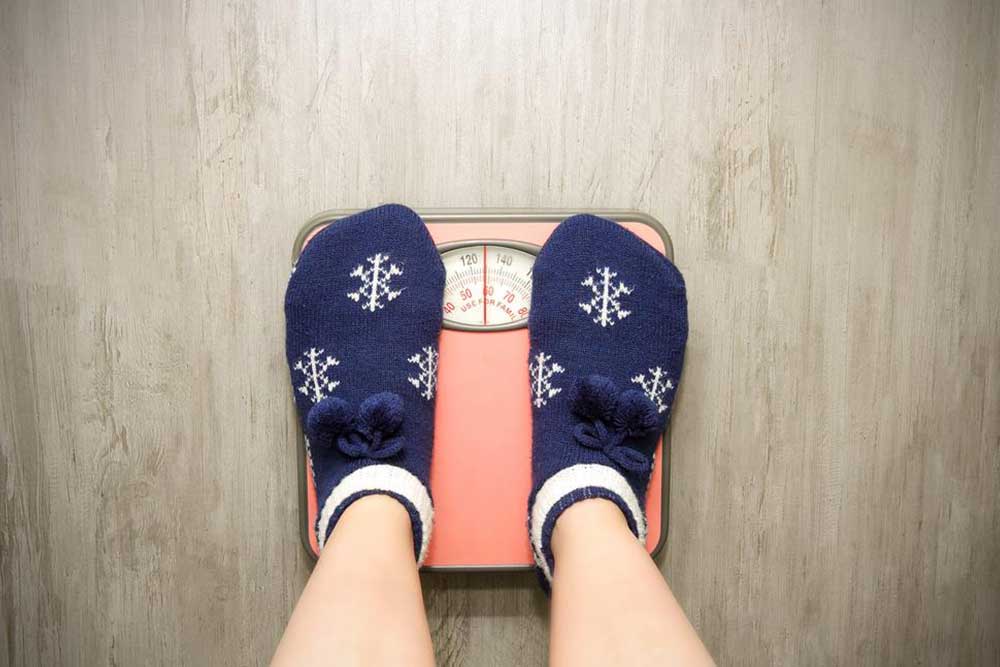Comprehensive Guide to Finding Your Ideal Body Weight for Better Health
Discover ultimate strategies for accurately determining your ideal body weight. This comprehensive guide covers trusted formulas like Hamwi and Devine, introduces BMI and body composition insights, and emphasizes sustainable health practices. Achieve a balanced, healthy lifestyle that aligns with your personal goals and unique body needs for lasting well-being and vitality.

Comprehensive Guide to Finding Your Ideal Body Weight for Better Health
Achieving and maintaining an optimal body weight is one of the most common health goals for many individuals. Whether striving to improve overall wellness, reduce health risks, or enhance physical appearance, understanding how to accurately determine your ideal weight is crucial. Factors such as age, height, gender, body composition, and frame size all influence what constitutes a healthy weight for each person. This extensive guide explores proven methods, formulas, and practical tips to help you identify your perfect body weight and sustain it effectively, thereby promoting long-term health and vitality.
Statistics reveal that a significant portion of the adult population worldwide struggles with weight-related issues—approximately 35% of adults are classified as obese, and nearly 69% are overweight. These figures underscore the importance of adopting personalized approaches to weight management. Instead of relying solely on visual assessments or generic standards, precise calculations using established formulas can provide tailored targets, making your health journey more effective and sustainable.
Hamwi Method for Calculating Ideal Body Weight – Developed in the 1960s, the Hamwi method is widely respected for its simplicity and effectiveness. This method estimates the ideal weight based on your height, age, and body frame size. It is suitable for adults taller than five feet, providing a quick way to gauge healthy weight ranges. For men, begin with 106 pounds at five feet, then add 6 pounds for each additional inch. For example, a man who is 6 feet 2 inches tall would have an approximate ideal weight of 190 pounds (106 + (14 x 6)). For women, start with 100 pounds at five feet, then add five pounds for each inch above five feet. For instance, a woman who is 5 feet 4 inches tall would have an estimated ideal weight of 120 pounds (100 + (4 x 5)). To refine this estimate, consider frame size: +10% for individuals with a large frame, -10% for those with a small frame. Adjusting for frame size offers a more accurate reflection of personal health needs and body composition.
Devine Formula for Establishing Healthy Weight – Another trusted method is the Devine formula, introduced in the 1970s, offering a slightly different calculation approach. For men, this formula starts with an initial weight of 110 pounds at five feet, adding 5 pounds for each additional inch in height. Therefore, a 6-foot 2-inch man would have an approximate ideal weight of 180 pounds (110 + (14 x 5)). For women, the formula begins with 100 pounds at five feet and adds 5 pounds per inch of height, resulting in an estimated weight of around 160 pounds for a 6-foot woman. These formulas serve as general guidelines rather than rigid standards. It is essential to pair them with healthy lifestyle habits such as balanced nutrition and regular physical activity to attain and maintain optimal health.
Beyond these formulas, other methods and tools can help refine your understanding of healthy weight ranges. Body Mass Index (BMI), for instance, considers your height and weight to categorize your health status. Although BMI is a useful screening tool, it does not account for muscle mass, bone density, or body fat distribution, so it should be complemented with other assessments like body fat percentage measurements or waist circumference evaluations.
Furthermore, personal factors such as genetics, activity level, and overall health condition influence what is truly the right weight for you. Consulting with healthcare professionals or nutrition experts can provide personalized insights tailored to your unique body composition and health goals. They may recommend comprehensive assessments that consider your lifestyle, dietary habits, and physical activity patterns.
Maintaining a healthy weight is also about consistency and adopting sustainable habits. Incorporate nutrient-rich foods, engage in regular exercise, stay hydrated, and get adequate sleep. Remember, the journey to achieving your ideal weight is not just about numbers but about fostering a healthier and happier life.
In conclusion, using established methods like the Hamwi and Devine formulas, alongside modern tools such as BMI and body composition analysis, can significantly enhance your understanding of your ideal body weight. Armed with this knowledge, you can set realistic targets, monitor your progress, and make informed decisions to improve your overall health and well-being. Prioritize longevity and quality of life by embracing a holistic approach to weight management that combines scientific guidance with practical lifestyle habits.




